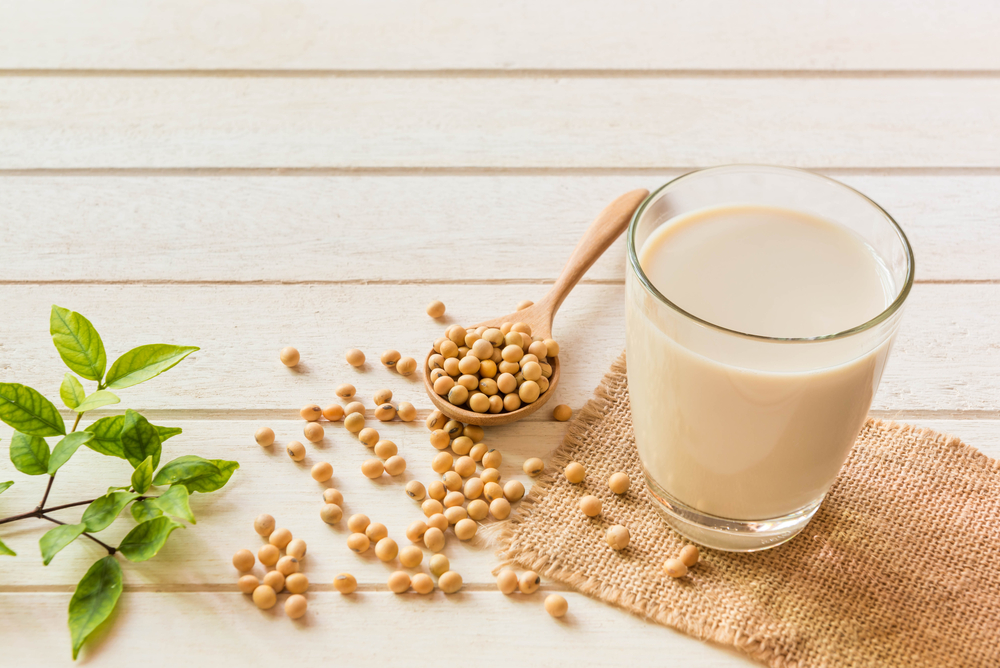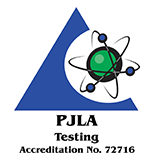Background: Soybean (Glycine max) is a legume which has been used for thousands of years as a food. Soybean is highly nutritious and is composed of 39% protein, some of which are allergens, such as Gly m3, Gly m4, Glycinin and Trypsin-inhibitor.
Soy products are widely used in the food industry, namely as texturizers, emulsifiers and protein fillers. People allergic to soy must strictly avoid the consumption of soy containing-food products. Cross contamination during the production process often occurs and soy residues in food cannot be excluded, thus sensitive detection systems are required.
This analysis is intended to confirm the absence of Soy in food, rinse waters and swab samples.
Method
Apparatus
Turn Around Time
Sample Required – Product Samples
Sample Required – Rinse Water
Sample Required – Swab Samples
Type of Test
Reportable Units
Detection Limit – Product Samples
Detection Limit – Rinse Water
Detection Limit – Swab Samples
Romer Labs AgraStrip Soy
Romer Labs AgraStrip
Same Day for Swabs or 5-10 Business Days for Product
0.2 grams of a representative sample
0.5 mL Rinse Water
5cm x 5cm (25 cm2) or 10cm x 10 cm (100 cm2)
Lateral Flow Device; Test Strip
Product: ppm = mg/L or Swabs: µg/cm2
Lower Detection Limit: 2 ppm Soy
Lower Detection Limit: 0.11 ppm (110 ppb) Gluten
Lower Detection Limit: 2 µg/25 cm2 or 0.5 µg/100 cm2 Gluten
Analysis Description: Immunological rapid test in lateral flow format for the detection of Soy in food, rinse waters and swab samples (environmental samples). The extracted sample is transferred to an incubation vial that contains specific ready-to-use antibodies. If the sample contains Soy, an antigen-antibody complex will form. This is subsequently detected by the test strip.
Notes: This assay is not appropriate for food products which are known to contain Soy. If the sample contains more than 1% (10,000 ppm) Casein, the assay will be overwhelmed and give a false-negative result.
Sampling: Consideration must be taken that the food may contain an uneven distribution of Soy(spot contamination). It is important to provide a representative portion of food as only a small amount of material is tested.


